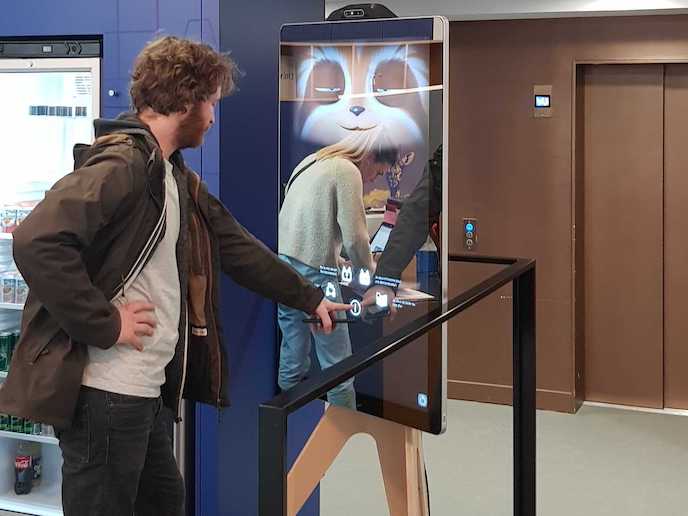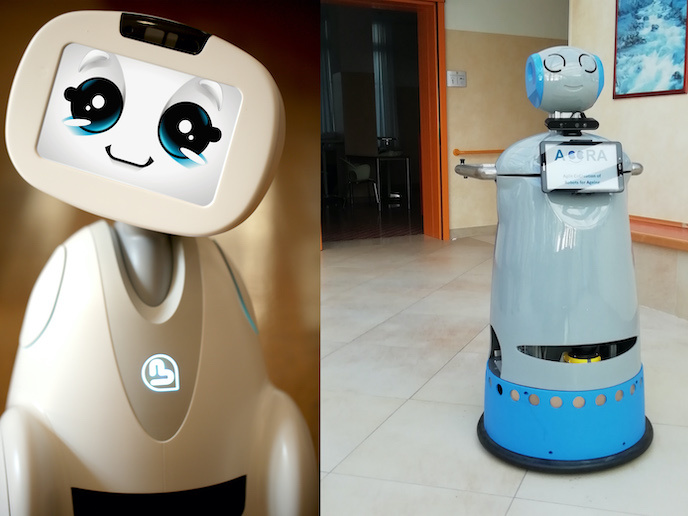Smart cities built on advanced sensor networks
Europe is a union of cities and towns; urban population in the EU exceeds 50 % and projections show that even more people will choose urban areas as their place to live by 2050. As places continue to become more urban, cities need to become smarter. Information and communication technologies integrated with sensor networks will greatly help manage the complexity of urban living. In the EU-funded project FUTURISM (Multiple sensor fault tolerant control for management of interconnected, nonlinear systems), scientists proposed an innovative methodology that can help increase reliability and safe operation of complex large-scale network systems. The proposed fault tolerance control (FTC) method can handle multiple sensor faults in interconnected linear or non-linear systems by deploying a large number of agents in a non-centralised architecture. FTC is based on a fault diagnosis mechanism designed to detect and isolate multiple sensor faults in interconnected, multisensory controlled systems. Performance issues that may arise in the fault diagnosis mechanism or in the network agent can negatively influence fault tolerance. Another strand of research was thus devoted to the development of FTC schemes to address any relevant potential communication issues. Sustainable development of urban areas is a key priority of the EU, and research and development of advanced technological solutions will greatly improve urban life.







